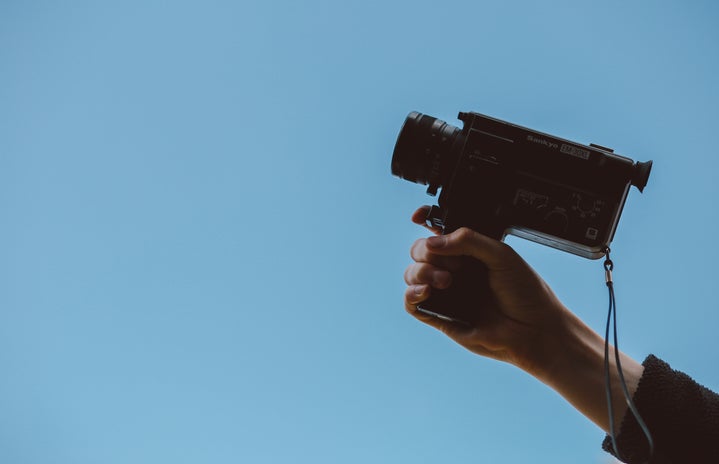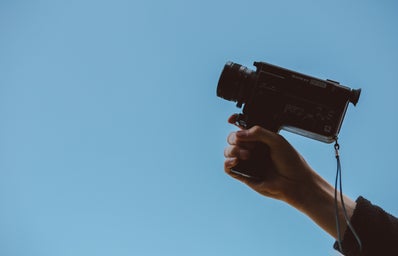Trigger warning: Content includes mentions of racialized violence.
Originally, cell-phone recordings of police brutality began as a form of people-led accountability for police-sanctioned violence against Black Americans. Though, in recent years, it has grown into a phenomenon of hypervisible Black trauma and inflicted violence recorded and spread on social media as a new form of “activism.” From what I’ve observed, Cellphone activism is a very real and recent phenomenon that has taken over younger generations as we’ve gained more access to technology.
In 2014, the Black Lives Matter Movement hit its peak with the unjust murder of 18-year-old Michael Brown. Brown was shot and killed by police officer Darren Wilson in Ferguson, Missouri, and his death sparked what can be acknowledged as the most widespread and impactful series of protests around America during the Black Lives Matter era.
While police brutality against the Black community has been going on since the creation of a police force in the United States, the broadcasting of this violence did not become popular until the 2010s. Up until then, conversations surrounding state-sanctioned violence against Black bodies mainly circulated within the Black community. However, the Black Lives Matter movement brought this discussion to the forefront of mainstream media with the broadcasted harassment and killings of Black men like with Oscar Grant and Trayvon Martin online.
Suddenly an influx of recorded violence against Black men and women began popping up all over social media. It seemed to be the same narrative every time. An unwarranted attack and/or harassment against a Black person had begun, the officer thought they had a gun, feared for their life, and shot the victim 18 times, or choked them to death in a dogpile, or shot them in the back as the victim was running away with their hands above their heads.
Bystander culture has always existed within American society, whether it be the white onlookers who did nothing as innocent Black men and women were lynched from trees in the South, or the sexual harassment of women in bars and clubs on a Friday or Saturday night. Guilt through observation and passivity is deeply rooted in our culture.
The perspective of the recorder does not offer any help or lend compassion to the victim in any of these situations. Instead, it creates a skewed interpretation of one’s trauma, and crystallizes the life of the victim and their identity into that one video. That video becomes who they are. Those recordings rob a victim’s ability to ever surpass their trauma.
While I understand that the people behind these videos do not intend to worsen the issue of Black Americans’ hypervisibility and disenfranchisement, a new discussion must be had about activism with intention and humanity. We should not have to watch a person being violated in order to acknowledge their humanity; in the same way that as a society we do not need to lay witness to the harassment and violence of Black Americans to understand the unique oppression and dehumanization the community faces under the current power structures of Western, Eurocentric society.
There is a revolution of the voiceless suddenly being heard and seen for the first time in mainstream media since the civil rights era, and it is an incredible movement indeed. But we must be intentional with every way that we choose to be an advocate for marginalized and disenfranchised communities. If your only route to proving one’s humanity is by showing a video of it being destroyed, then we must find another way.



